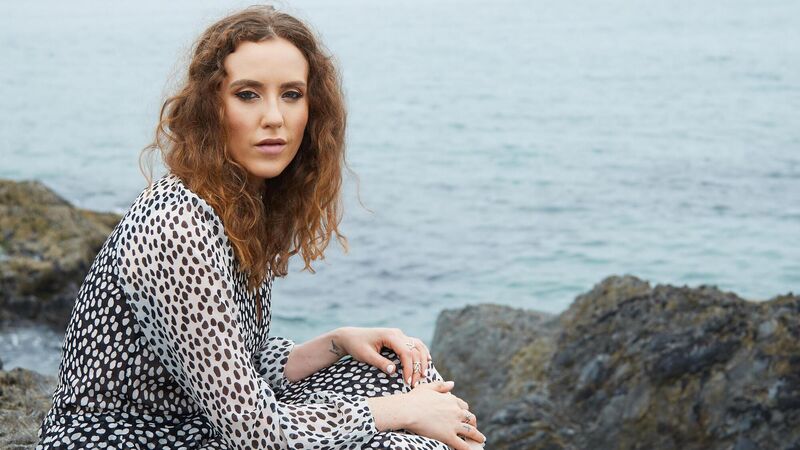Louise O'Neill: 'What if we decided that 2021 was the year we would tell our people we loved them?'

Picture: Miki Barlok
During the promo for After the Silence, my publicist mentioned a possible feature in RSVP magazine. It wouldn’t necessarily push the book – although there would be a tagline at the bottom – but instead, focus on me and my mother.
I agreed to take part, primarily because I thought the photos would be nice to have if either of us were to die in the immediate future. (2020 made me incredibly morbid, I’m sorry.) The journalist sat in our back garden and she interviewed us separately, asking questions about my childhood and how our relationship had evolved over the years. She always asked to interview the subjects separately; people were more honest that way, she said, more likely to open up.






